 Shutterstock
Shutterstock
Cats aren’t just lovable companions; science shows they can positively impact your health. While dogs often get credit for being humans’ best friends, cats bring unique benefits, from reducing stress to even improving heart health. Research has uncovered how their soothing purrs, calm presence, and quirky behaviors can enhance well-being, boost mood, and lower health risks. For those who love these independent, furry friends, science backs up what many cat owners already feel—cats aren’t just pets; they’re little health boosters.
Reduce Stress and Anxiety
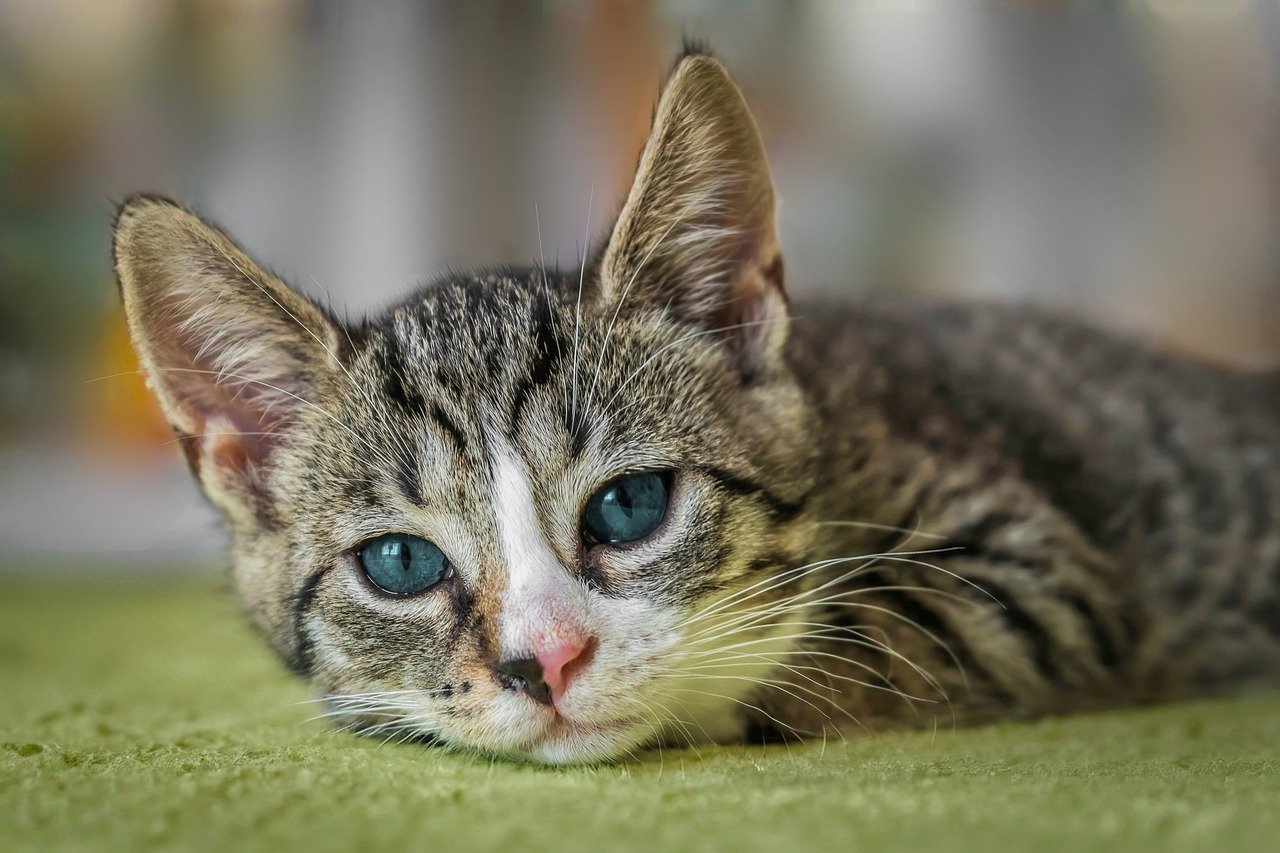 Shutterstock
Shutterstock
Having a cat around can noticeably reduce stress and anxiety. Studies show that petting a cat releases oxytocin, the “love hormone,” which helps people feel calmer and more relaxed. Cats have a unique way of curling up beside you or purring softly, providing comfort and a sense of calm. Their low-maintenance nature also helps create a stress-free bond without adding extra pressure, making them ideal for people with busy lives. For many, having a cat around reduces loneliness and stress, providing furry therapy.
Lower Blood Pressure
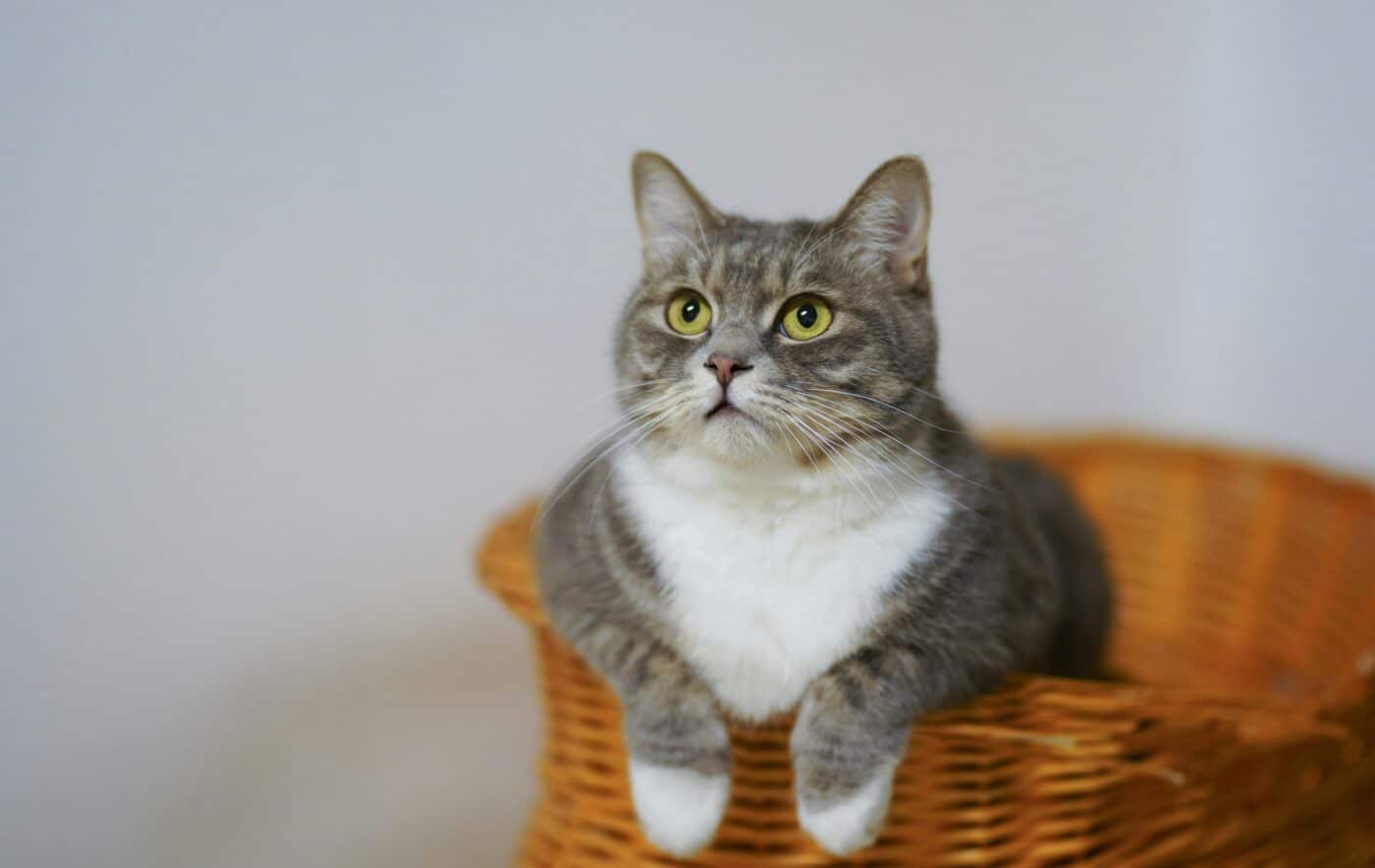 Shutterstock
Shutterstock
Cat owners often have lower blood pressure thanks to the calming influence cats can have. Petting a cat has been shown to lower blood pressure by helping the body relax. Research suggests that people who own cats are less likely to experience hypertension than those without pets. The soothing sensation of a cat’s purr and calming presence encourages a slower heart rate and a more relaxed state. This gentle effect on the cardiovascular system can benefit long-term health, proving that cats are good for the heart.
Improve Heart Health
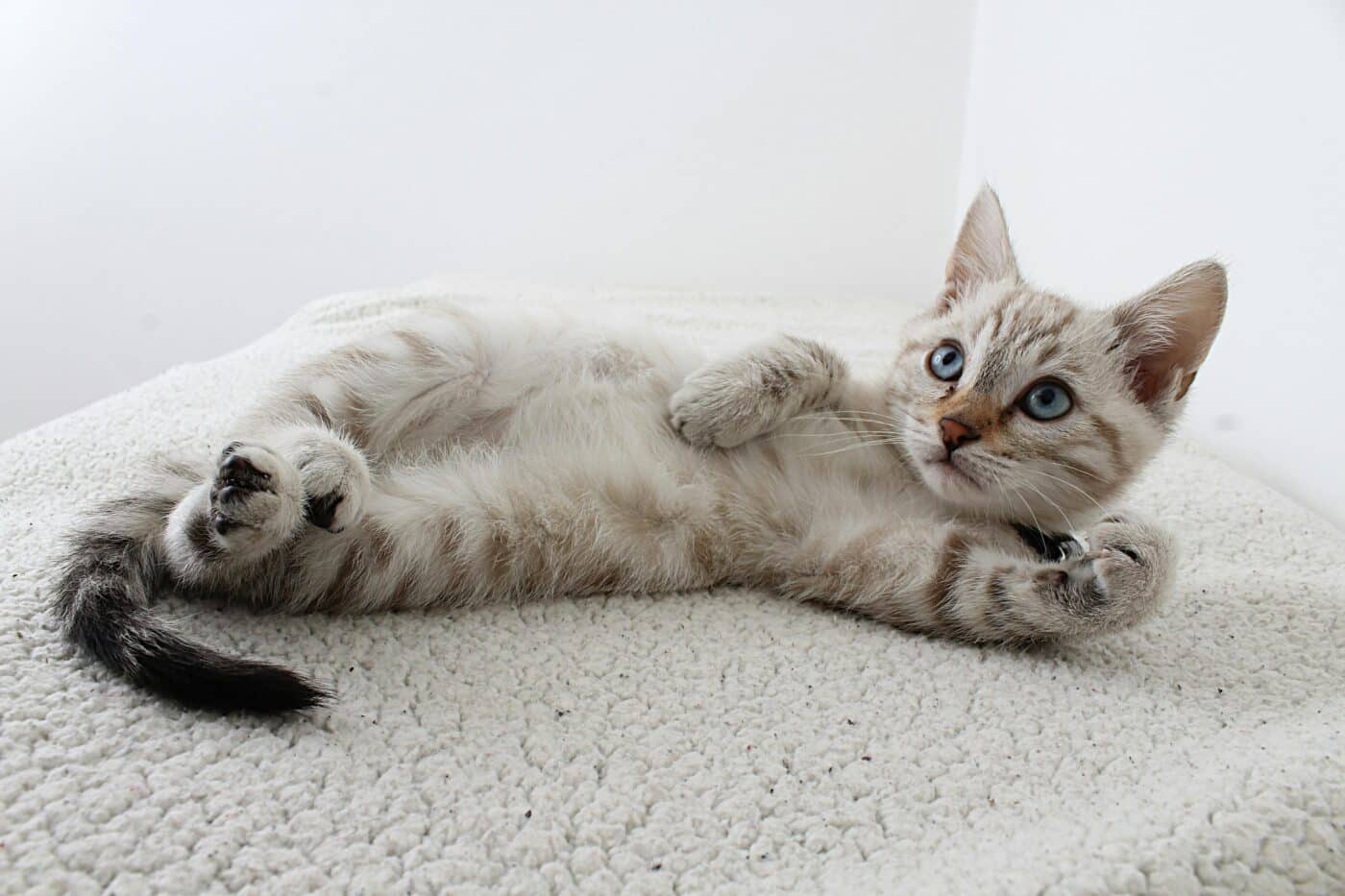 Shutterstock
Shutterstock
Owning a cat has been linked to better heart health and a reduced risk of heart attack. Studies have shown cat owners have a significantly lower risk of cardiovascular diseases than non-pet owners. It’s believed that cats’ calming presence helps reduce overall stress and strain on the heart. Cats can indirectly support cardiovascular health by lowering blood pressure and reducing anxiety. Having a feline friend around could help increase longevity and reduce heart disease, adding a valuable health benefit to cat ownership.
Boost Immunity
 Shutterstock
Shutterstock
Research indicates that children who grow up with cats are less likely to develop allergies and asthma, leading to a stronger immune system. Exposure to cat dander and fur early in life helps children build resistance to allergens, reducing their chances of allergic reactions later on. The microbiomes introduced by cats can also stimulate the immune system, helping the body adapt to various allergens and pathogens. For families, having a cat might mean fewer allergies in kids and a healthier, more adaptable immune system for everyone.
Enhance Mood
 Shutterstock
Shutterstock
Cats are natural mood boosters. Their calm, gentle nature can help alleviate symptoms of depression and lift spirits. Studies show that interacting with pets, including cats, increases serotonin and dopamine levels, hormones responsible for mood regulation. Cat owners often report feeling happier and less stressed, and the daily routines of feeding and caring for a cat provide a sense of purpose. Cats’ playful antics and affectionate gestures can also bring laughter and joy, providing reliable emotional support and positivity.
Provide Companionship
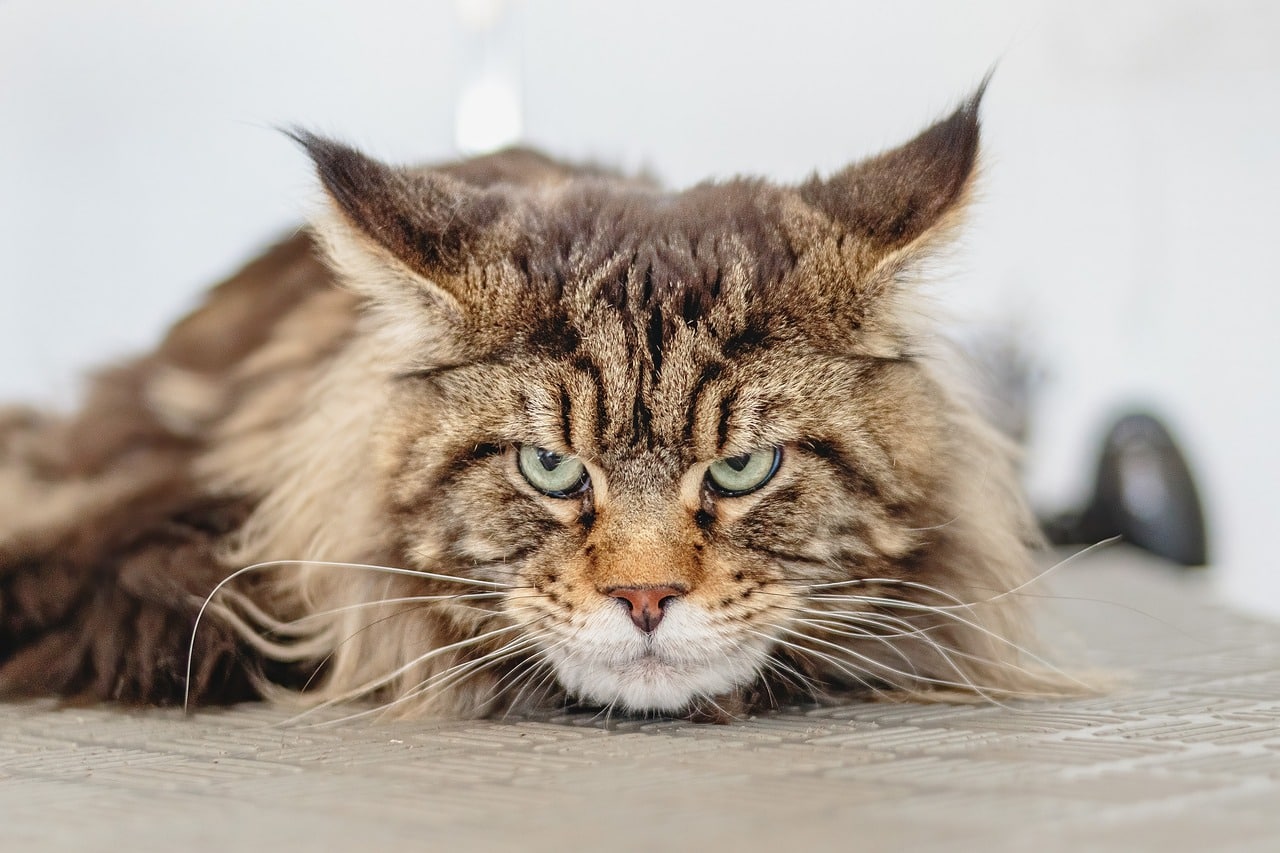 Shutterstock
Shutterstock
Cats make excellent companions, especially for those who live alone or have limited social interaction. The bond between a cat and its owner is genuine and fulfilling, and research shows that petting and caring for a cat can combat feelings of loneliness. Cats often provide quiet companionship, offering comfort without needing constant attention. Their affectionate behaviors, like curling up next to you or following you around the house, make cat owners feel valued and less isolated, making them fantastic companions for mental well-being.
Reduce Feelings of Loneliness
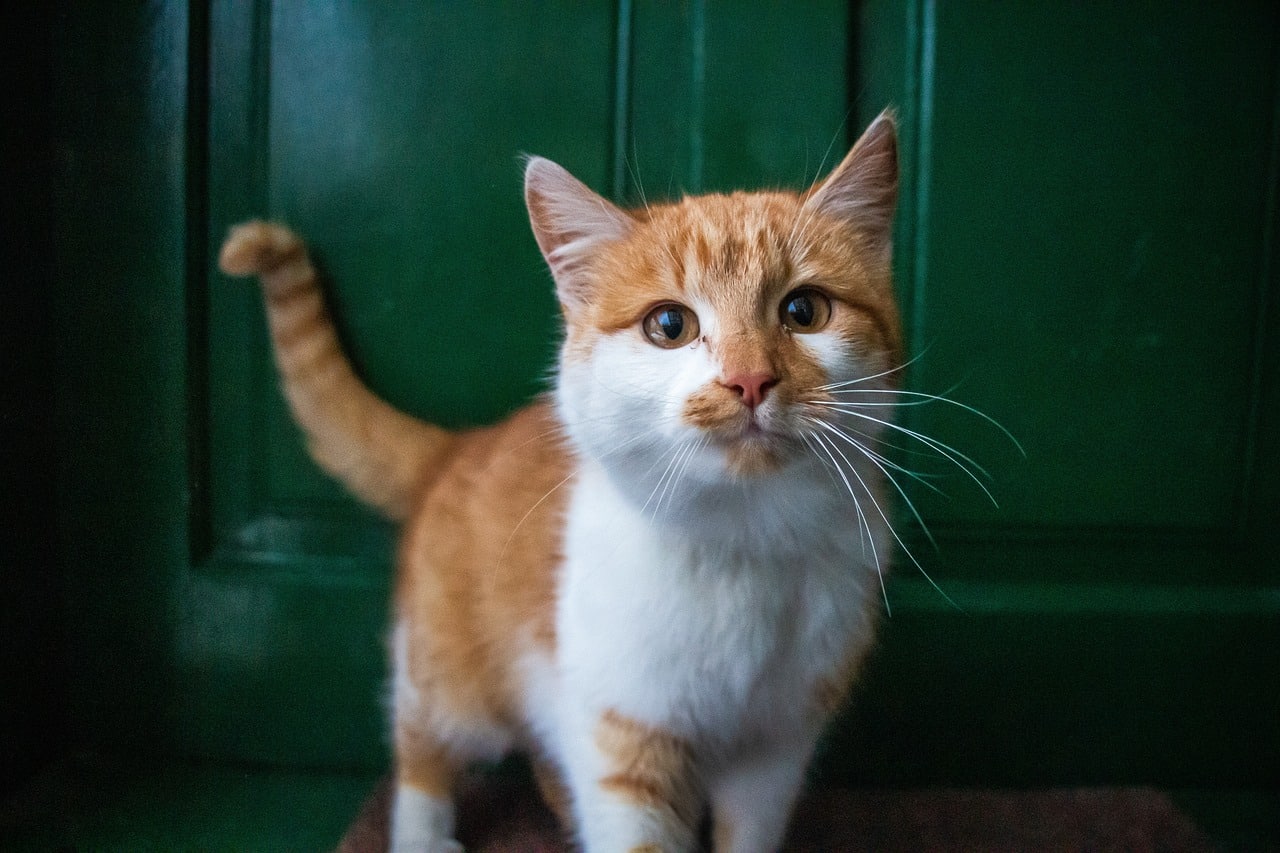 Shutterstock
Shutterstock
A cat’s presence can be incredibly comforting for those dealing with loneliness. Cats are affectionate in their own way, often bonding deeply with their owners. A cat’s companionship can reduce loneliness, especially for elderly individuals or those living alone. Studies have shown that pet owners, particularly those with cats, experience less loneliness and a higher sense of purpose. Cats give people someone to care for, which can be especially helpful for individuals who might otherwise feel isolated, making them wonderful partners for solo dwellers.
Help with Focus and Productivity
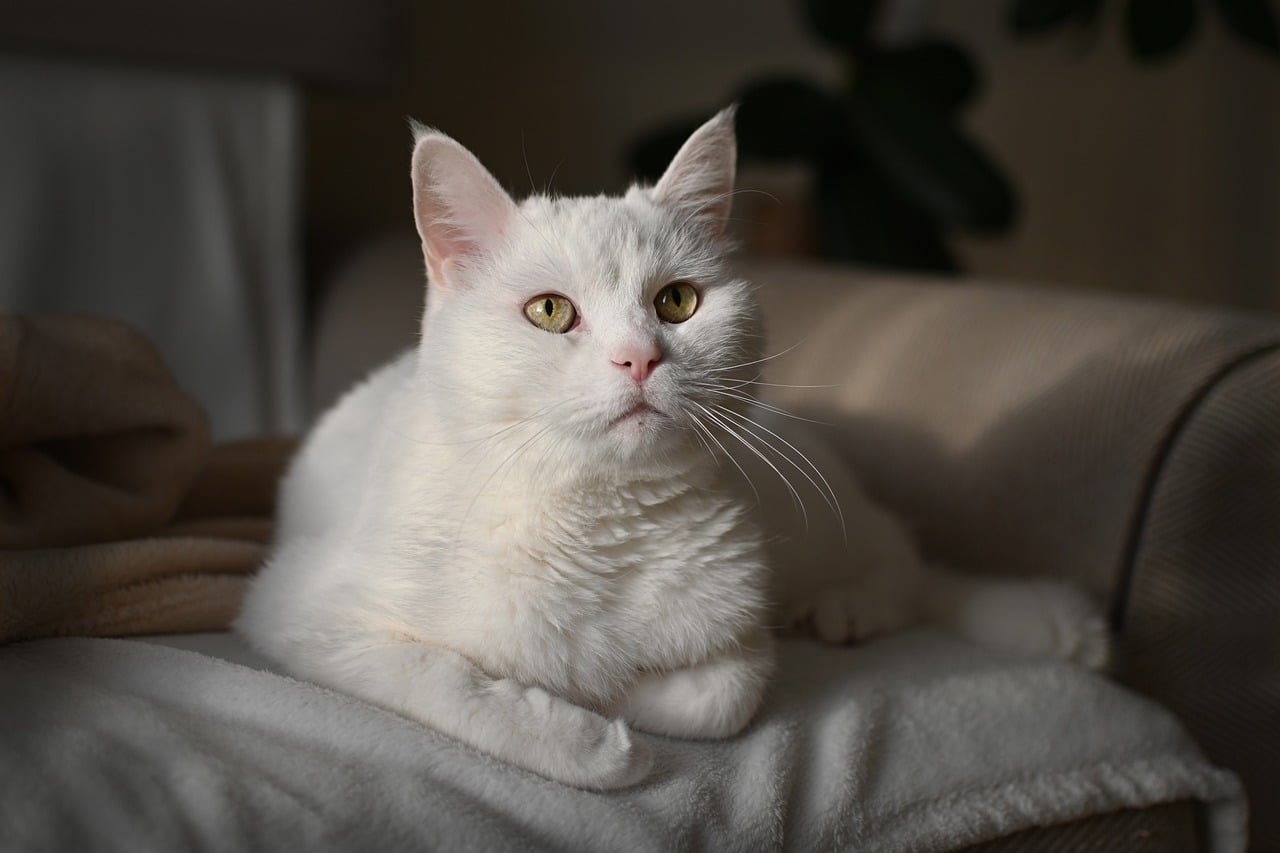 Shutterstock
Shutterstock
Having a cat nearby while working or studying can actually help improve focus and productivity. Cats’ calm and quiet nature helps create a relaxed environment, allowing people to concentrate more effectively. Unlike dogs, cats are less demanding, allowing their owners to work uninterrupted. Their quiet companionship and the soothing sound of their purrs can create a peaceful atmosphere that helps reduce distractions. Studies show that people working from home often feel less stressed with a pet cat, enhancing their ability to focus on tasks.
Aid in Better Sleep
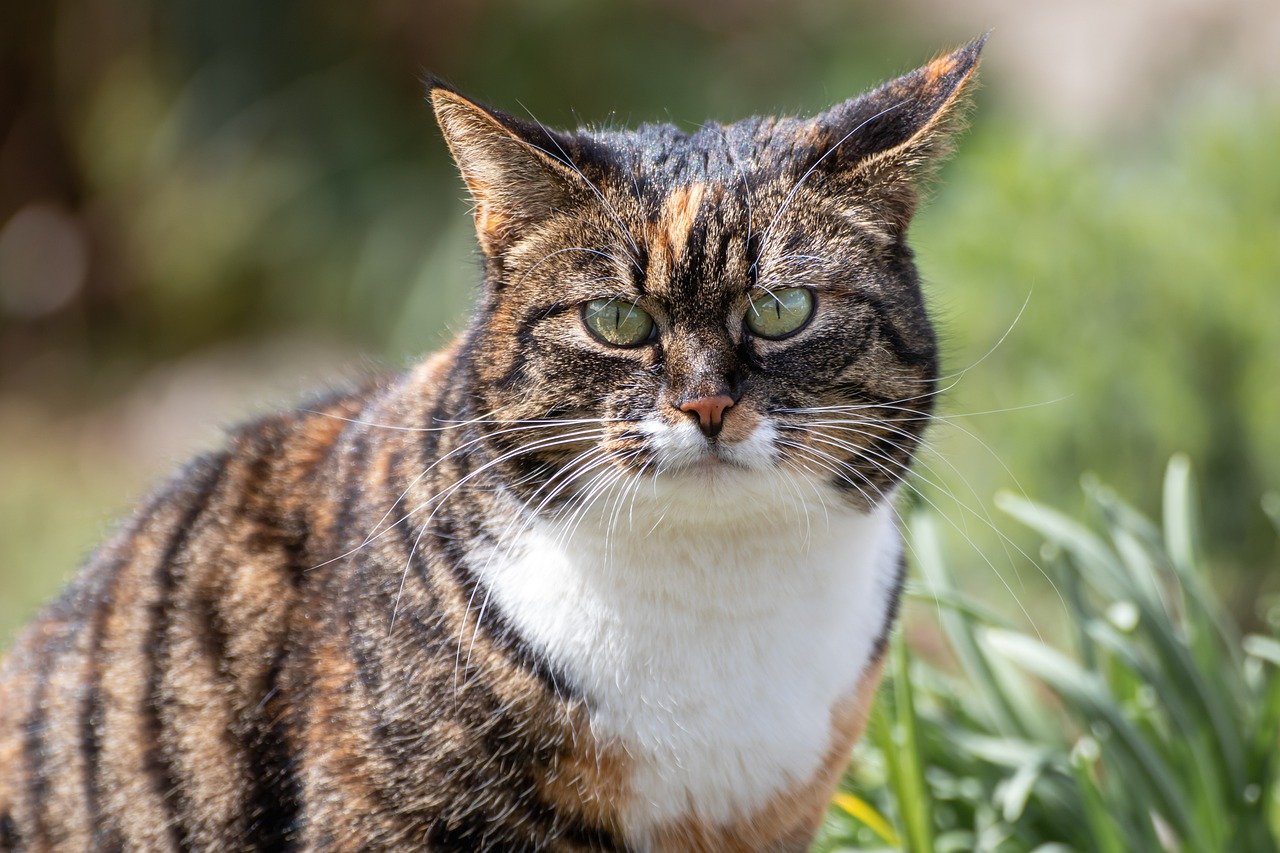 Shutterstock
Shutterstock
Cats can help improve sleep quality by providing security and calm. Many cat owners find comfort in sleeping with their pets nearby, as cats’ rhythmic purring can have a lulling effect. Having a cat sleep at the foot of the bed or nearby gives people a sense of safety and relaxation, promoting deeper, more restful sleep. Studies show that people who sleep with their pets often feel more at ease, which can help reduce insomnia and promote better sleep patterns over time.
Promote Physical Activity
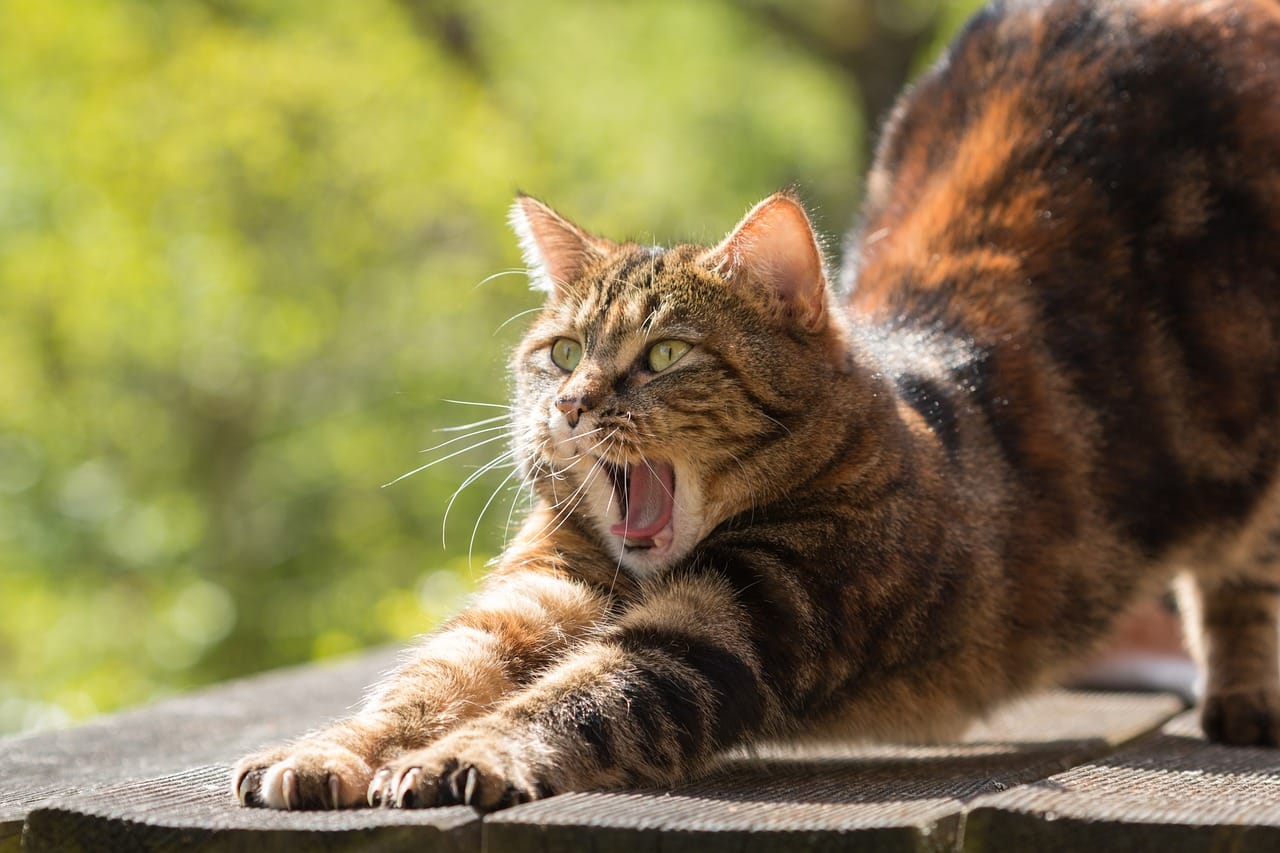 Shutterstock
Shutterstock
While cats aren’t as high-energy as dogs, they still encourage physical activity through play. Engaging with a cat in games like chasing a toy mouse or using a feather wand can help owners stay active. These brief play sessions add physical movement to the day, especially for older adults or those without vigorous exercise. Cats enjoy interactive play, which can be a fun way for owners to stay active without intense exertion. These small bursts of activity add up, helping cat owners stay a little more physically fit.
Provide a Sense of Purpose
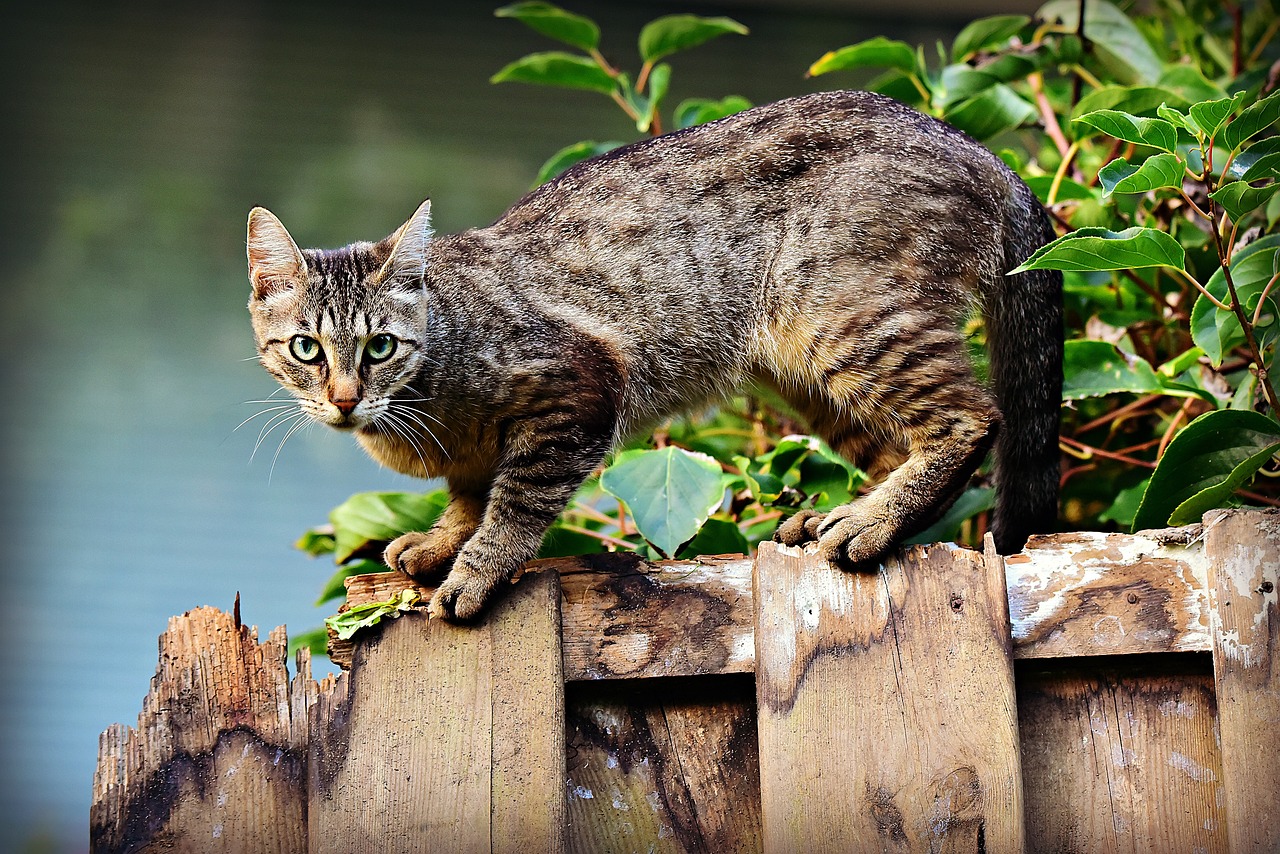 Shutterstock
Shutterstock
Caring for a cat provides a sense of purpose and routine, which is especially valuable for individuals who may be going through difficult times. The daily tasks of feeding, grooming, and playing with a cat create structure and give cat owners a reason to get up daily. Studies have shown that this sense of responsibility can be beneficial for mental health, particularly for those struggling with depression or anxiety. By offering love and requiring care, cats provide a meaningful connection that brings purpose and fulfillment to their owners.
When Your Feline Friend is a Health Guru in Disguise
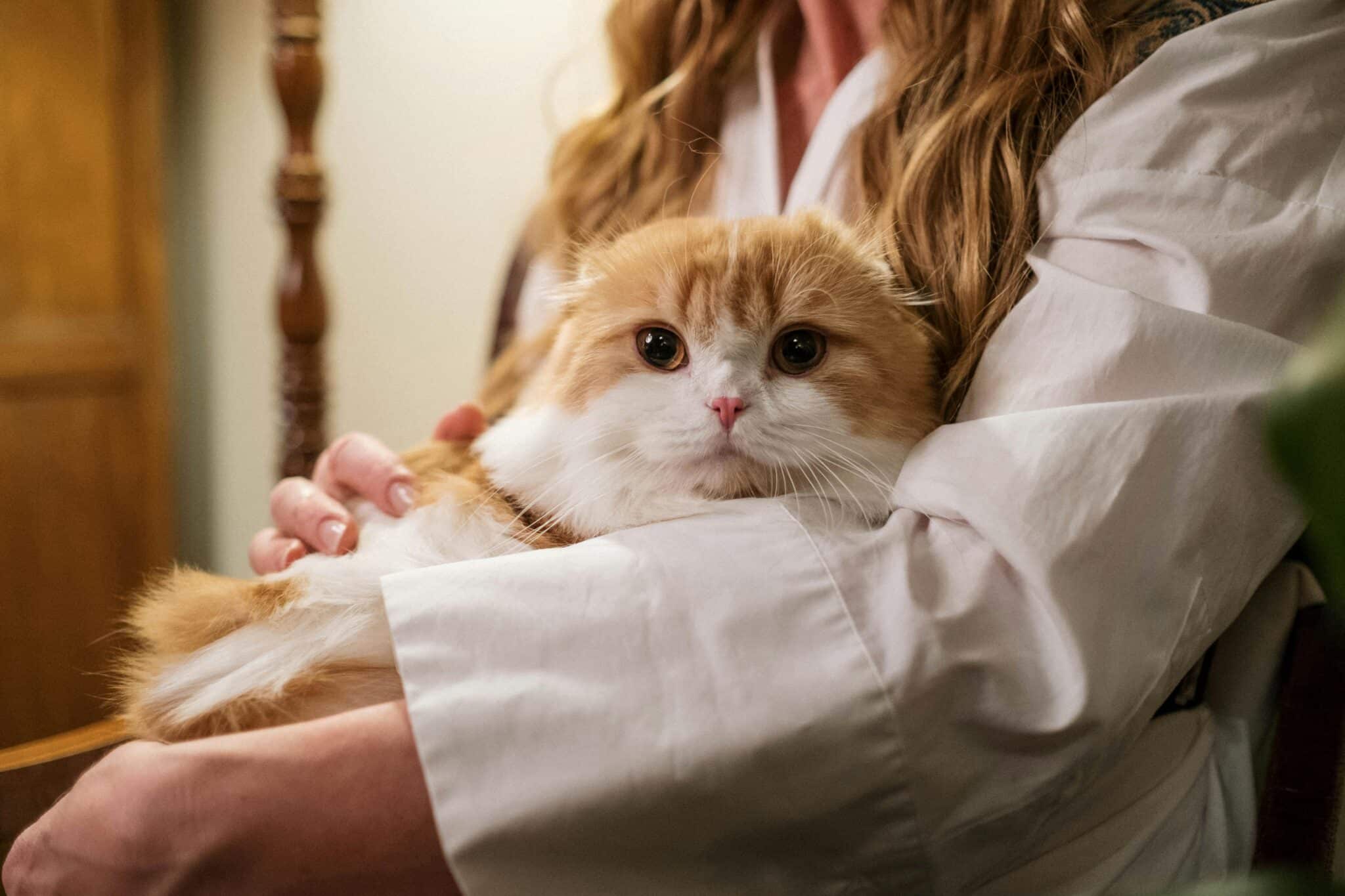 Shutterstock
Shutterstock
Having a cat isn’t just about companionship—it’s like inviting a little health coach into your home. From reducing stress to teaching patience, cats offer various health benefits that enrich their owners’ lives. Their purrs lower blood pressure, their presence eases loneliness, and their quirky behaviors bring endless joy. Each day, they help boost mood, encourage focus, and add a sense of purpose. So next time your cat curls up beside you, remember—you’re not just petting a cat; you’re reaping the rewards of a four-pawed health guru.
 Toledo, United States.
Toledo, United States.